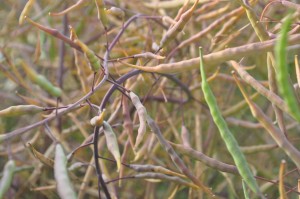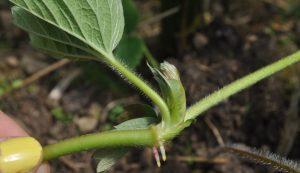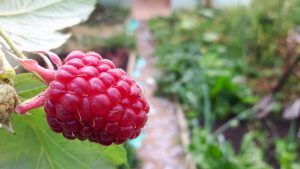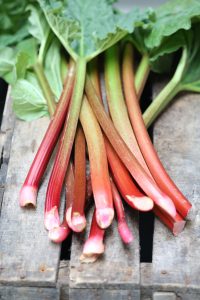Kim Stoddart runs a range of grow your own courses from her productive plot in beautiful Ceredigion, West Wales. Here she outlines some of the best produce and materials for some good old fashioned exchange and barter…
 I gardened entirely for free for a number of years for my writing in the Guardian and as a result, embraced the idea of ‘swapsies’ with gusto. Of course most allotment holders have long been privy to the multi-faceted benefits of bartering, but even if you’ve already dabbled there is still always room for much more of the same. Nowadays I swap produce, plants and seeds out of enjoyment more than anything else as getting collectively involved with friends, family or neighbours is civilised in a way that much of modern life is unfortunately, seemingly not.
I gardened entirely for free for a number of years for my writing in the Guardian and as a result, embraced the idea of ‘swapsies’ with gusto. Of course most allotment holders have long been privy to the multi-faceted benefits of bartering, but even if you’ve already dabbled there is still always room for much more of the same. Nowadays I swap produce, plants and seeds out of enjoyment more than anything else as getting collectively involved with friends, family or neighbours is civilised in a way that much of modern life is unfortunately, seemingly not.
It saves money, enables you to tap into new and exciting varieties of plant and most of all it’s really empowering having a community of support and knowing that you are no longer totally reliant on buying-in everything you need for the veg patch.
Here are just some of the best ways to weave some bartering spirit into your grow your own efforts no matter where you live…
As anyone who grows strawberries will testify, once they have fruited they throw out multiple runners which can crowd a patch in no time at all. So, when removing these baby plants, even if you’re planning to place some elsewhere on your patch, you’re bound to have many to spare. Strawberries are very resilient little woodland plants and who doesn’t like their delectable fruit on a warm summer’s day? You’re bound to know someone who would love some plants so simply place the runners (when still attached to the mother plant) in small pots of compost to allow them to root themselves before giving away.
These ferocious growers would take over your garden (and the world) given half the chance which is why it’s incredibly easy to dig up a runner or two to be passed on. I would always recommend mentioning to grateful recipients the need to contain these beauties unless they don’t mind raspberry canes popping in lots of unexpected places throughout their plot.
Soft fruit bushes
About now (before your plants start budding) is a good time to take some cuttings. Even better use some of your prunings and stick them in a bare batch of soil to root for swapsies with people you know the following season. Go for healthy-looking cuttings about a hand in length. It’s really that easy.

Seed swaps
It’s very straightforward to save seed from peas, tomatoes, lettuce, pepper, radish, chilli, french beans, rocket and broad beans in particular. Seedy Sunday events take place around the UK enabling keen home-savers to meet and exchange their different, lovingly homemade or spare packets. If you’ve never been to one, I’d highly recommend it as it’s a great way to meet a community of like-minded gardeners as well as bagging yourself a fine supply of seeds for the growing season ahead.
Otherwise the process of meeting locally with friends, digging out surplus packets from your seed collection and passing them on in exchange for something new and exciting is a perfect excuse for tea, cake and a chinwag if ever I heard one!
Self-seeding plants
I let plants ‘do their thang’ at each and every opportunity because it saves a lot of time and effort in the long run and means that so called weeds become very handy little seedlings of crops that are excellent for giveaways. Just some of the best plants for this purpose include nasturtiums (very good for companion planting with brassicas), parsley (which as a biannual will flower and set seed in its second year) and calendula (another beneficial insect attracting veg patch companion). If you have a polytunnel or greenhouse you can do the same with most salad leaves and experiment with fallen beans and peas. Plus at the end of the season the old market gardener trick of burying a few tomatoes in the ground to self-germinate in the spring is well worth trying.
Rhubarb needs to be thinned out every few years anyway and this hardy perennial stalwart makes a good gift out of a necessary task. Likewise, any chive or mint you happen to have growing will likely need to be tamed each season and is incredibly easy to propagate and pot on for others. Vietnamese coriander is my new current favourite for giveaways as it shoots out runners and spreads with great abandon and is therefore easy to work with. A member of the knotweed family it is hardy as hell and with its delicious oriental lemony flavour, makes an attractive alternative to coriander in a range of dishes.
A version of this article first appeared in Kim’s monthly column for Grow Your Own Magazine. To find out more hints, tips and get updates & special offers on Kim’s courses see www.greenrocketcourses.com



